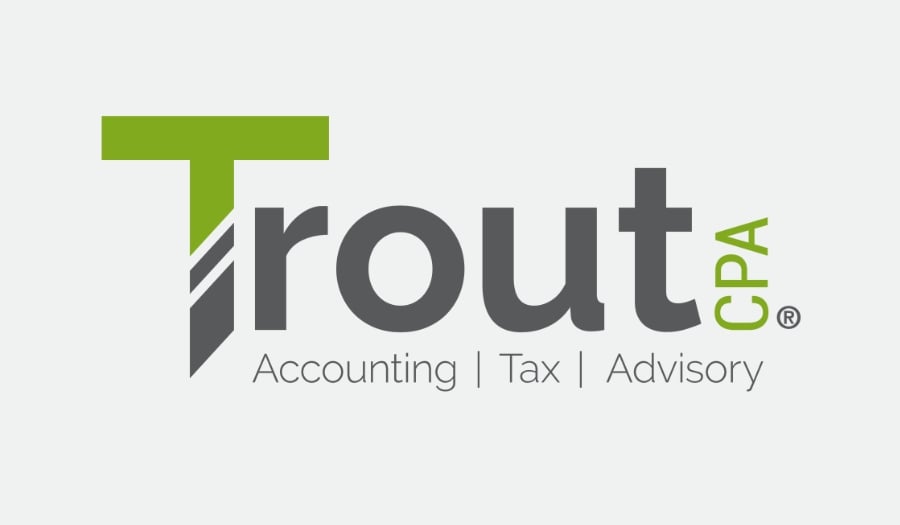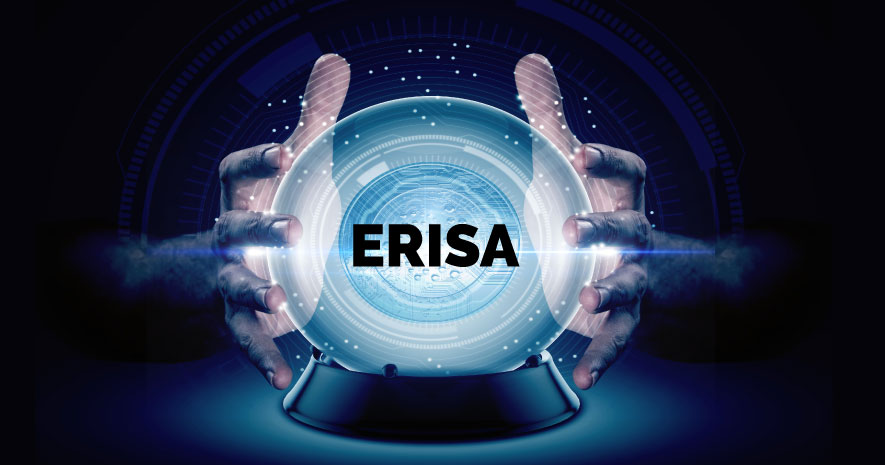Plan sponsors have a fiduciary obligation to ensure that participant 401(k) contributions (including participant loan repayments) are deposited into participant accounts as soon as reasonably possible. The COVID-19 pandemic, however, has caused many issues for plan sponsors trying to remit those deposits on time. The Department of Labor (DOL) has provided relief for plan sponsors who have been late remitting employee contributions to their service providers because of the pandemic, but plan sponsors still have an obligation to accurately document what caused the delay.
Usual Remittance Timing Requirements
Under normal circumstances, plan sponsors must separate employee elective deferrals from the employer’s general assets as soon as reasonably possible, but no later than the 15th business day of the following month. Plans with fewer than 100 participants are permitted seven business days to complete the transaction, but large plans with 100 or more participants are held to the “as soon as reasonably possible” standard. Failing to comply with these requirements may trigger a prohibited transaction and carry significant penalties, including plan disqualification.
Relief for COVID-19 Remittance Delays
In recognition of the logistical challenges that plan sponsors are facing during the pandemic as many plan administrators are working remotely or have limited access to their offices, the DOL’s Employee Benefits Security Administration (EBSA) issued Disaster Relief Notice 2020-01. The Notice covers a variety of reliefs relating to various requirements and deadlines, including late participant remittances. Under the relief measures, the DOL would not take enforcement action against plan sponsors who were delayed with their participant 401(k) contribution deposits from March 1, 2020, until the 60th day following the announced end of the National Emergency resulting from the COVID-19 outbreak. For delays caused by the pandemic that have been properly documented, the DOL does not require plan sponsors to report those remittances as late nor calculate lost earnings on those remittances.
To qualify for the disaster relief, the late deposits must be attributed directly to the pandemic. The plan sponsor must document the cause of the delay, including specific dates and other details. As the work environment continues to change, a best practice is to document each event as it occurs (while still current), rather than waiting and attempting to later document the details when auditors and/or DOL officials ask for the information.
Service providers for the plan also may be able to help the plan sponsor detail the history of the company’s contribution deposits. For instance, service providers often can provide quarterly reports on transactions, account balances, reconciliation issues, and more that can assist the plan sponsor in documenting the causes of late remittances.
Insight—Create a Remittance History
The DOL is providing a significant amount of flexibility and relief to sponsors struggling to remit timely during the pandemic. Plan sponsors have a responsibility to act reasonably, prudently and in the interest of participants. They must comply as soon as administratively practicable under the pandemic circumstances.
Documenting contributions that were not able to be deposited within the prescribed timeframes were caused solely by the COVID-19 outbreak is an important task for plan sponsors. Creating a detailed remittance history (starting with March 1, 2020) can a helpful way for the plan sponsor to explain how the delays were related to COVID-19.
If you have questions about documenting your remittance history as a result of COVID-19, Disaster Relief Notice 2020-01, or how this relief might relate to your 401(k) plan deposits, please contact your representative.





